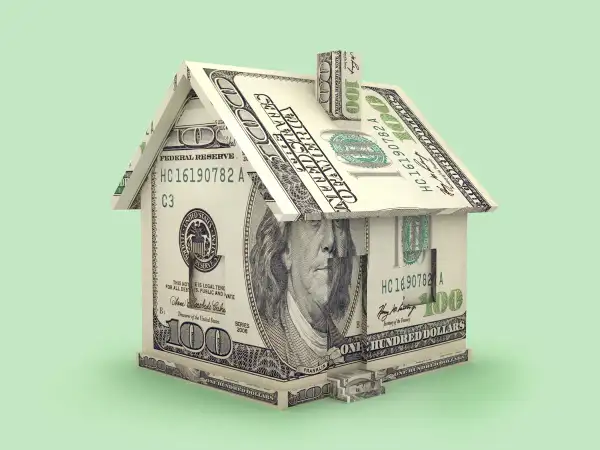This Is the Infuriating Reason Young Adults Can't Buy Homes Today

Many young adults are sitting on the sidelines of the housing market, and there's no shortage of theories as to why. Maybe millennials can't land jobs that will let them move out of their parents' basements, or maybe they're too buried in student loan debts to contemplate adding a mortgage to their financial obligations.
But new data shows that one huge factor is the competition — some might say unfair competition — young adults face from investors who can just swoop in, drop a pile of cash and buy the houses they want. These investors then turn around and rent these properties to those same young adults for increasing amounts every year, making it even tougher for young would-be homeowners to ever save up enough money for a down payment.
As of October, a huge number of homes — one in four — that sold were bought by investors paying cash. That's down some from the peak of a few years ago, when almost one in three houses were snapped up by cash buyers. But it's still a far cry from the 17% of homes that were bought by investors back in 2000 before the real estate bubble grew and burst, according to the Wall Street Journal.
Investors are most likely to snap up cheap, starter homes — the kinds of houses that millennials are most likely to be looking for and able to afford. “Home supply is diminishing but investor demand is not going away,” Lawrence Yun, chief economist for the National Association of Realtors, told the Journal, which reported that the number of homes on the market below the $100,000 mark fell by about 11% in only a year.
During the height of the foreclosure crisis, investors were buying up foreclosed and short-sale properties at rock-bottom prices with the intention of flipping them and reselling for a profit once the market picked back up. But now, more are hanging onto the homes they buy and renting them out.
It's a good move for investors who have the cash to spare already, but it's bad news for the people who want to buy low- and mid-priced homes. Across the country, rental rates are skyrocketing: One prediction said rents could rise by an average of 8% this year, with much higher increases in in-demand markets where young adults are most likely to live and work. And this is on top of increases that have already taken place. "The median asking rent for new market rate apartments hit $1,372 last year, a 26 percent increase from 2012," a report published in December by Harvard University's Joint Center for Housing Studies said.
